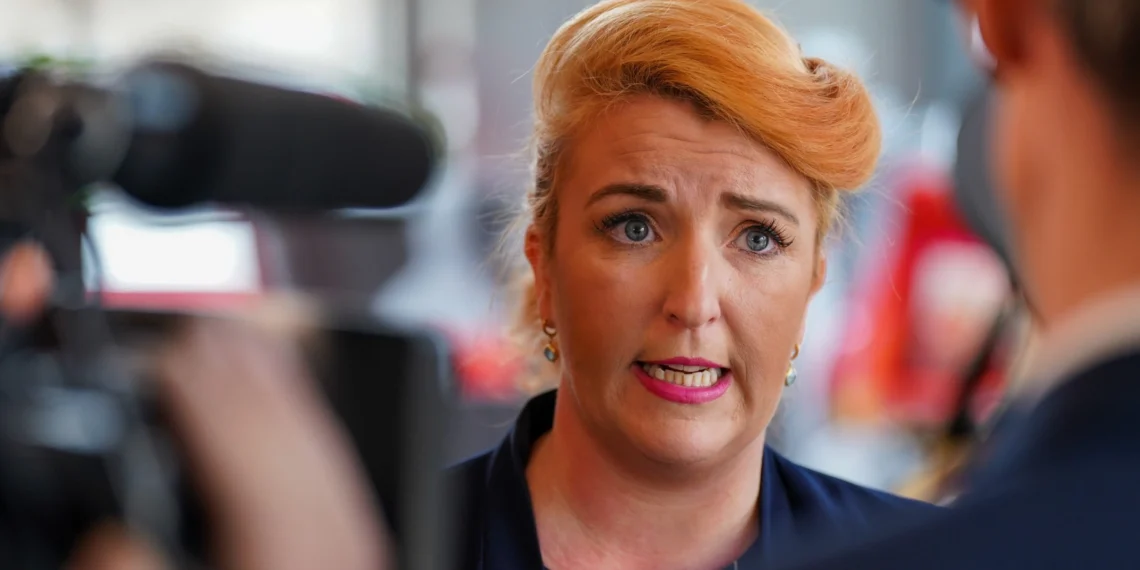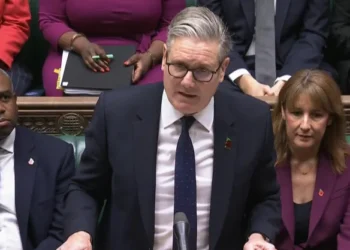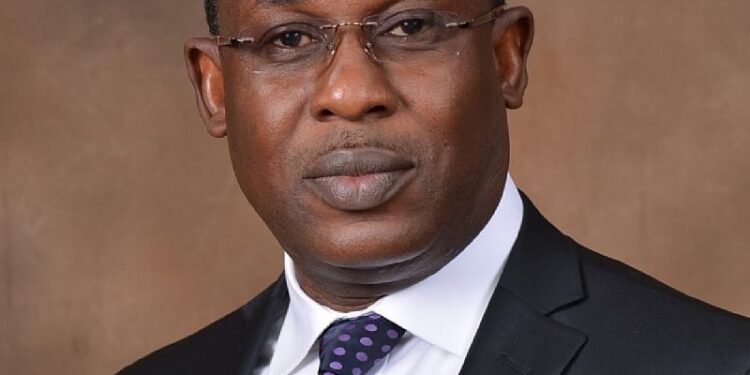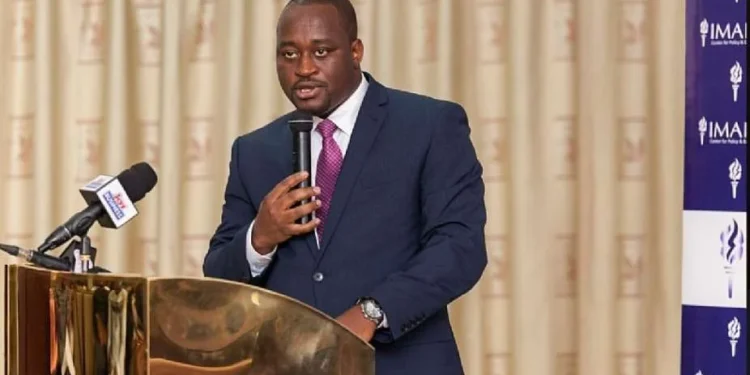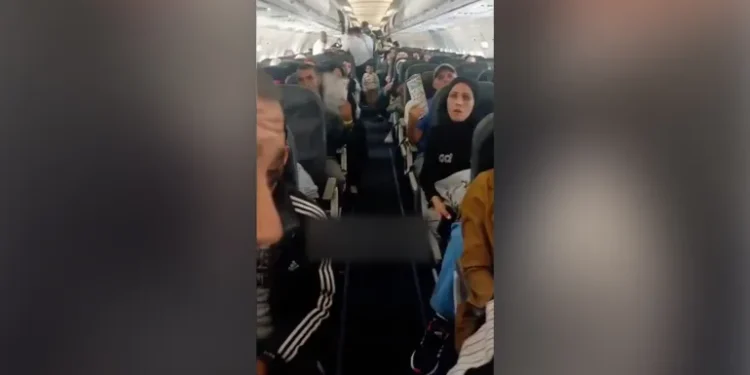In a hard-fought negotiation with the Treasury, Transport Secretary Louise Haigh has secured a commitment to cap bus fares at £3 until the end of 2025.
The decision averts a steep 650% price hike, threatening to burden commuters and rural residents with fares as high as £15, especially on less profitable routes. This success marks a significant win for Haigh, who has faced scrutiny following a challenging month in government, particularly during the P&O workers’ rights debate and DP World’s temporary withdrawal of UK investment.
Prime Minister Keir Starmer underscored the announcement Monday, emphasizing the importance of maintaining affordable public transport. He noted that while the previous £2 fare cap was set to expire at the end of this year, ongoing negotiations with Chancellor Rachel Reeves and Haigh’s Department for Transport (DfT) extended a cap for an additional year at a slightly increased rate.
According to a Whitehall source, the proposed increase “could have had drastic consequences” for many rural areas where routes already face lower ridership and profitability challenges. Without an intervention, fares on some routes could have soared to £13 or more, effectively placing transport out of reach for many who rely on public options.
However, some concerns remain. Sandy Easdale, co-owner of McGills Buses in Scotland, expressed reservations about the new cap’s ability to fully cover the costs for rural operators, despite the relief from a major hike. “There is definitely a cliff edge,” Easdale said, noting that in certain areas, “next year’s decline will possibly see service reduced or may be removed altogether.”

While some transport leaders question whether the new fare cap will be enough to save struggling routes, Haigh’s allies emphasize that the new arrangement was “hard fought” and necessary to avoid far worse outcomes.
According to one source close to Haigh, the £3 fare limit will help prevent “up to 80% of potential cost increases on certain routes.” Without the new cap, the Leeds-to-Scarborough route, for instance, would have seen fares jump from £2 to £15, a staggering increase that could alienate many regular passengers.
Despite this cap, the Department for Transport is aware that additional adjustments may be required in the future to maintain route viability.
An expert analysis commissioned by the DfT found that the £2 fare cap is unsustainable for both the taxpayer and operators in its present form. It suggests that while the cap may ease costs for riders, it offers “poor value for money” if it remains a taxpayer-funded solution without deeper, structural changes in the public transportation sector.
In response to the new arrangement, a DfT source highlighted the department’s commitment to “delivering reliable and affordable bus services in a sustainable way for taxpayers.”
Looking to the Future of Public Transportation
In light of these findings, Haigh announced that the Department for Transport has allocated an additional £151 million to maintain the £3 cap through 2025. To support long-term improvements, the government is also providing £925 million to local authorities and bus service operators, aiming to improve the reliability and quality of services across the UK.
In a statement following the announcement, Haigh framed the decision as part of a broader effort to reform the public transport system. “Our bus revolution will give every community the power to take back control of their services,” she said, adding that the government is focused on ending the “postcode lottery” of inconsistent bus services across the country.
While only temporary, the fare cap comes as part of a larger push by Haigh and the government to bring bus routes back into public ownership, giving local councils greater control over transport infrastructure. Such changes may provide the stability needed for communities that have, in recent decades, faced limited or irregular bus service due to previous deregulation policies.
For the moment, Haigh’s negotiations provide relief to those who rely on bus transport daily, but the future of the UK’s public transport system will likely depend on deeper reforms that can address route profitability and the sustainability of fare caps.
READ ALSO: Gyampo Denounces NPP Youth Organizer’s Allegations, Vows Legal Action

